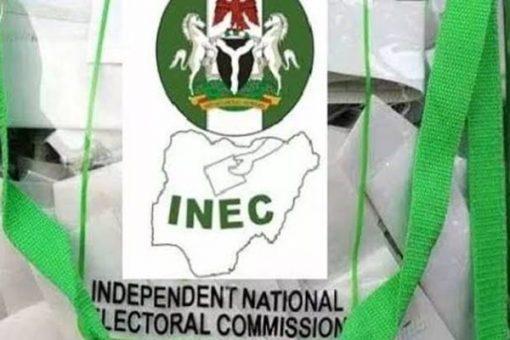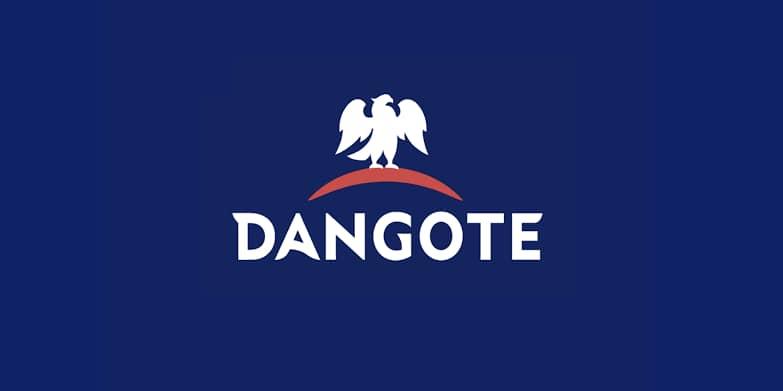The Independent National Electoral Commission (INEC) has renewed calls for a comprehensive review of Nigeria’s electoral laws, proposing key constitutional amendments to expand voting access and strengthen the electoral process.
In a document titled “Issues and Contentions in the Electoral Legal Framework: An Overview from INEC’s Submission”, presented on Monday, the commission called for the amendment of sections of the 1999 Constitution to allow for early voting, Diaspora voting, special voting for election personnel, voters engaged in essential services, and voting rights for incarcerated citizens.
“Amend Sections 12 and 45 of the EA 2022 to provide for early/special and related forms of voting. Make provisions to enable the introduction of early/ special voting to cater for eligible voters on essential services, election personnel as well as voters under incarceration, those in the Diaspora and out-of-country voting for eligible voting Nigerians outside the country during elections by introducing a new subsection 12(2) as well as the amendment of Section 45,” the commission stated.
INEC maintained that the proposed reforms would promote inclusivity by ensuring that all eligible Nigerians, regardless of their location or circumstance, are able to exercise their right to vote.
The commission is also pushing for the modernisation of the voter identification process. It recommended the amendment of Sections 47(1) and 16(1, 2 & 4) of the Electoral Act 2022 to permit electronically downloadable voter cards or any other form of identification approved by the commission.
“Review Sections 47 (1) and 16 (1, 2 & 4) on the design, printing, control, issuance and use of PVCs to allow for the introduction of electronically downloadable voters’ card or any other form of ID acceptable to the commission,” INEC noted.
Read also: Senator Natasha commends INEC for rejecting recall attempt
Further strengthening its push for electoral reforms, INEC proposed the establishment of two new bodies — an Electoral Offences Commission to investigate and prosecute electoral crimes, and a Political Party Regulatory Agency to supervise political parties’ internal operations and ensure compliance with legal standards.
It stated, “Review the Legal Framework to establish (a) an Electoral Offences Commission and (b) Political Party Regulatory Agency. This would require the amendment of Sections 75, 76, 77, 78, 79, 80, 81, 82, 83, 84, 85, 86, 87, 89, 90(4), 144 and 145 of EA 2022. These provisions border on the powers of the Commission to register/deregister, monitor and regulate political parties, which should now be transferred to the Political Party Regulatory Agency.”
In addition, INEC recommended granting it the authority to appoint and discipline Heads of State and Federal Capital Territory (FCT) Offices, who serve as State Directors of Elections, a move the commission said would enhance administrative control and boost election management across the country.
The commission stressed that the recommendations were drawn from years of operational experience, extensive stakeholder consultations, judicial rulings, and observer reports.
While acknowledging that the 2022 Electoral Act introduced notable improvements, INEC insisted that additional legal clarity and structural adjustments are necessary to strengthen Nigeria’s electoral system.
According to the commission, the proposed amendments have already been subjected to review by a Joint Technical Committee comprising representatives from the National Assembly and INEC, with legislative action anticipated in the near future.
INEC concluded, “Electoral legal framework reforms are essential to promote transparency, accountability, efficiency and effectiveness in the electoral process. It can help to streamline the electoral process, enhance electoral justice, clarify vague provisions, remove ambiguities and dispense with encumbrances.
Such reforms should focus on an in-depth, long-term assessment of the impact of the provisions beyond the immediate problems they are designed to cure.”
The commission maintained that reforming the electoral framework is not only critical for addressing immediate challenges but is also key to ensuring the long-term credibility, inclusiveness, and effectiveness of Nigeria’s democracy.









